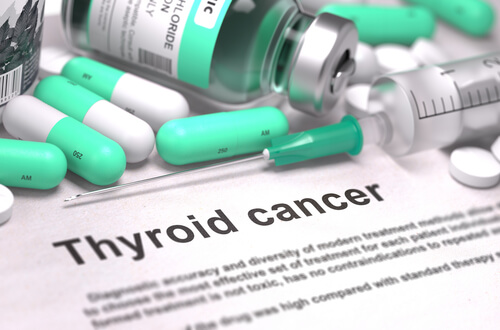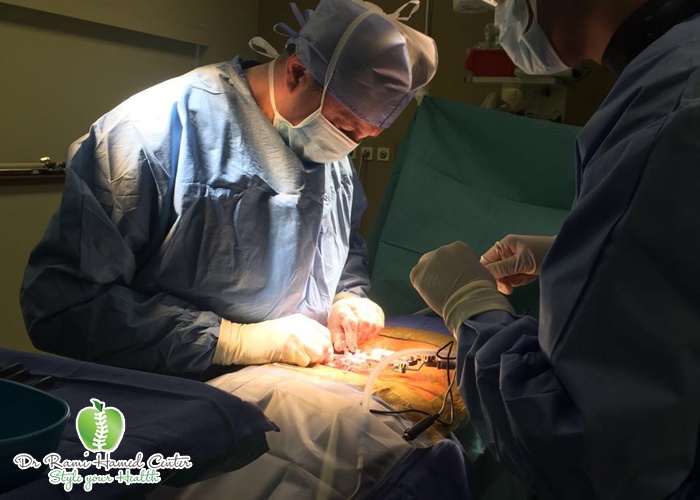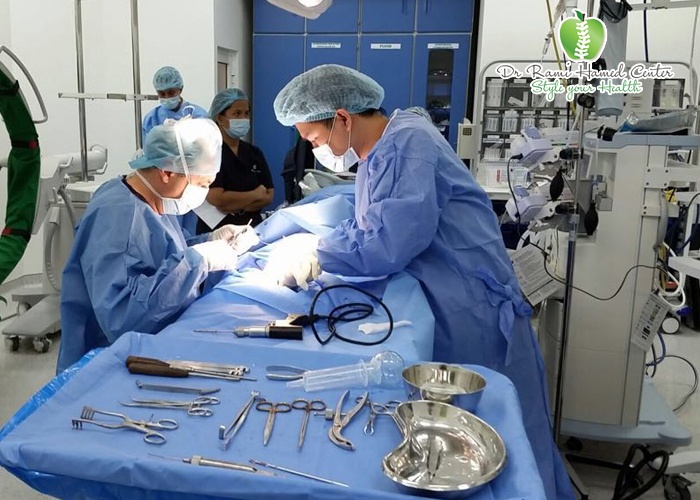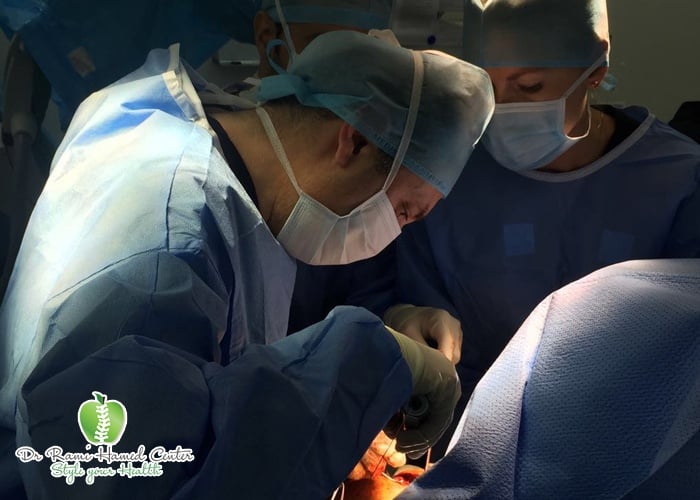Treatment of Thyroid Cancer - DRHC Dubai Thyroid Clinic
Thyroid Cancer:
First of all, we need to know who treats thyroid cancer. Doctors involved are the surgeons, radiation oncologists, and medical oncologists. The type and stage of the cancer are essential for the approach to the treatment. The first thing is to remove or destroy all the cancer, avoiding spreading and returning as soon as possible.
Sometimes, more than one type of treatment is needed. The treatment decision should be intensively discussed with the doctor regarding side effects, advantages, and disadvantages. Having another opinion is always a possibility. This can make you sure. Hearing for the first time that you have cancer is definitely a shock. You won’t be able to understand the complexity of the information. Your doctor should use simple words, not medical terms, which could be difficult to understand.
Diagnosis of Thyroid Cancer:
In general, surgery is the first choice in almost every case of thyroid cancer if diagnosed by a biopsy. Lobectomy is the removal of one lobe containing the cancer.
This type is used to treat very small cancers that show no signs of spreading. It has an advantage because patients might not need hormonal medication (pills) after the surgery.
The disadvantage is that the remaining part can interfere with the detection of a recurrence of cancer.
Thyroidectomy:
Thyroidectomy is the removal of the whole gland. A near-total thyroidectomy is when the surgeon is not able to remove the whole organ because of anatomical variations or an increased risk of injuring nearby structures.
After a near-total or total thyroidectomy, the patient has to take daily thyroid hormone pills. This has an advantage over the lobectomy procedure in that postoperative follow-ups for detection of recurrence are more accurate when using radioiodine scans and testing thyroglobulin levels in the blood (as a tumor marker).
A spread to the lymph nodes is an indication of the removal of the lymph nodes (lymphadenectomy) during the thyroid surgery.
External beam radiation therapy:
External beam radiation therapy for thyroid cancer is used to destroy cancer cells by focusing a beam of radiation from outside the body. It is most commonly used to treat medullary and anaplastic thyroid cancers, especially in an advanced stage.
For cancers that take up iodine, radioactive iodine therapy is definitely more effective. If cancer shows no response to radioactive iodine therapy, in this case, external beam radiation can be used. Side effects of this treatment include destroying healthy tissue nearby, fatigue, dry mouth, hoarseness, and swallowing problems.
Chemotherapy for thyroid cancer is rarely indicated. It is used in cases in combination with external beam radiation therapy for advanced stages of anaplastic thyroid cancers. Side effects are the same as any other chemotherapy.
Targeted drugs for thyroid cancer. In general, most thyroid cancers can be treated with surgery and radioactive iodine therapy. In cases where these treatments are ineffective, targeted drugs could be an option. These drugs interfere with changes inside the cells, which leads to cancer. They interfere with the growth of tumors by blocking the formation of new vessels or destroying proteins made by cancer cells necessary for the growth of the tumor.
.png?width=281&height=59&name=bookanappointment%20(1).png)
Dubai Thyroid Clinic (DRHC) provides treatment for hypothyroidism, hyperthyroidism, thyroid cancer, thyroid disease, thyroidectomy, and thyroid surgery. To book your Appointment, please call +97142798200.




.png?width=281&height=59&name=bookanappointment%20(1).png)
.webp?width=1080&height=1080&name=Doctor%20background%20For%20Website%20Dr.%20Fadi%20Nageeb%2009%20(1).webp)
.webp?width=1080&height=1080&name=Doctor%20background%20For%20Website%20Dr%20Abdul%20Majeed%20Khalid%20%2002%20(1).webp)



